First Regional Network Lab: Strengthening trans-regional exchange and knowledge-sharing to support changemaking efforts
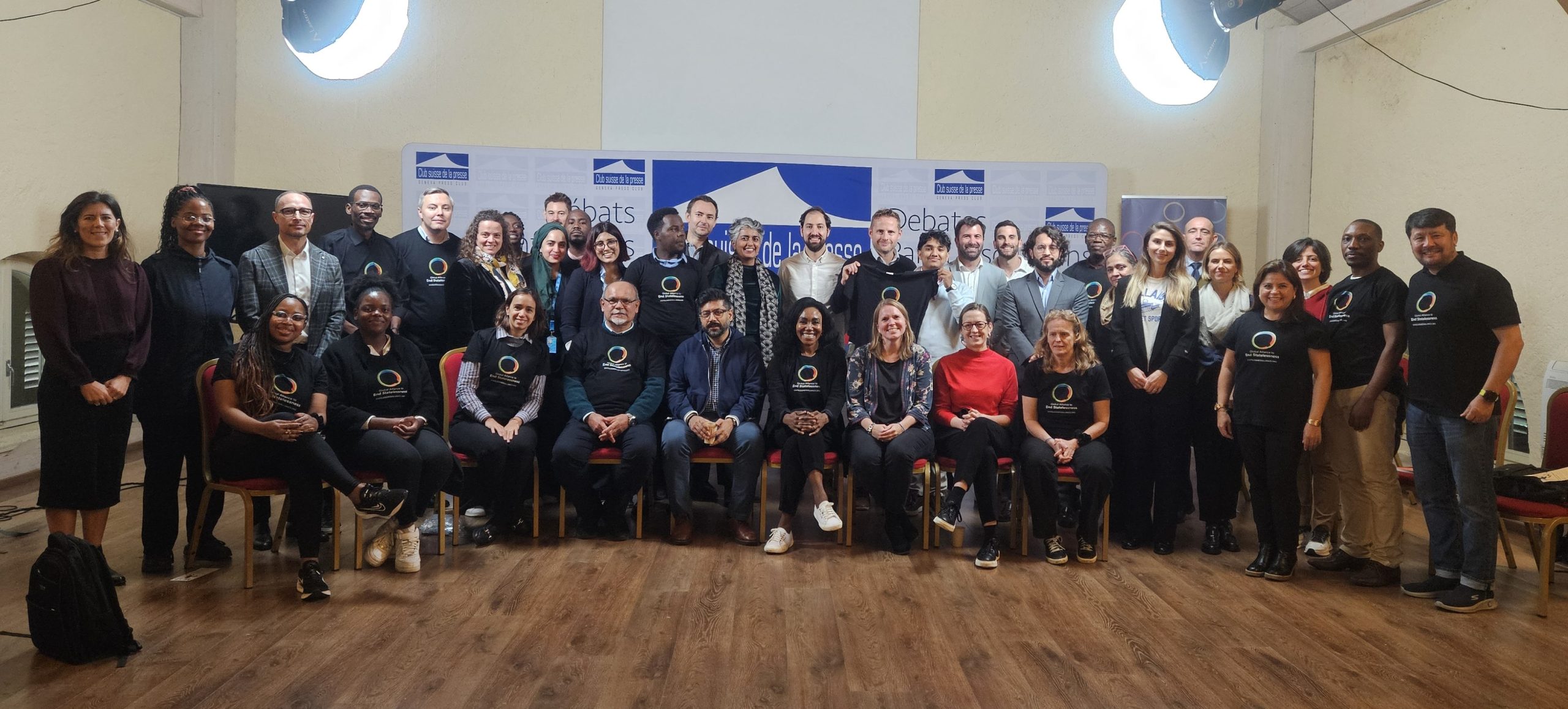
Co-organised by UNHCR and European Network on Statelessness, the first Global Alliance to End Statelessness Regional Network Lab took place on 15-16 October 2024 in Geneva following the High-Level Segment on Statelessness on 14 October 2024.
Regional Network Labs are a key building block of the Global Alliance, seeking to foster dynamic and interlinked networks of regional actors who can support the design and implementation of context-sensitive solutions to statelessness. The topic for the first Regional Network Lab was strengthening trans-regional exchange and knowledge-sharing to support changemaking efforts.
Over three participatory workshops, 36 participants explored the development of regional statelessness civil society networks, and how to translate this knowledge into law and policy reform at national and regional levels. Participants represented regional civil society networks, stateless-led networks, global civil society organisations, academics, and UNHCR. Together, we explored how trans-regional exchange can contribute to the mission of the Global Alliance and ensure its successful implementation, working towards a world where stateless people’s rights are protected, and everyone realises their right to a nationality.
The first Regional Network Lab was a success, as it brought many regional networks together in one room to share knowledge and learning, and fostered relationships globally. The workshops also raised some key issues which everyone working to address statelessness are facing, including: the lack of reliable data on affected populations, issues around resourcing – including the need to better resource regional civil society networks -, concerns around the mental health of stateless communities, and the need to develop and mainstream good practice models for community engagement. There was particular interest in hosting future Regional Network Labs in different regions of the world (i.e. with an intra-regional approach) and focusing a future event specifically on supporting and mainstreaming good practice community engagement approaches and how to facilitate stateless people leading changemaking efforts.
In 2025 and beyond, Regional Network Labs will be taken forward collaboratively by UNHCR and members of the Global Alliance, working in partnership with regional intergovernmental organizations, key governments, civil society networks, and stateless-led organizations. We look forward to furthering and building on the discussions started in Geneva in October and working together to co-develop solutions to statelessness.
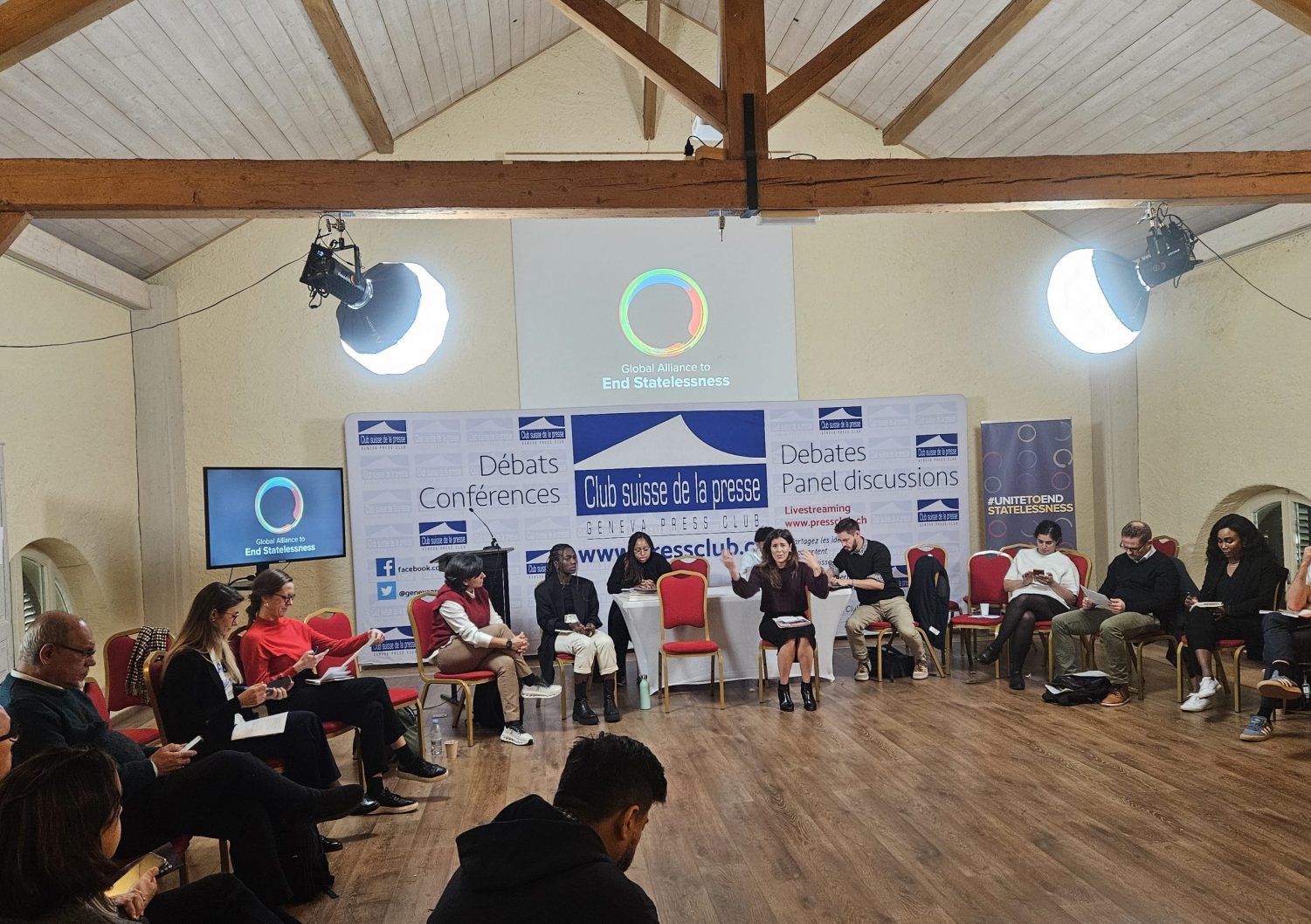
11 February 2026
Support the Joint Statement: Advancing Vocational Inclusion of Stateless People Across the UN
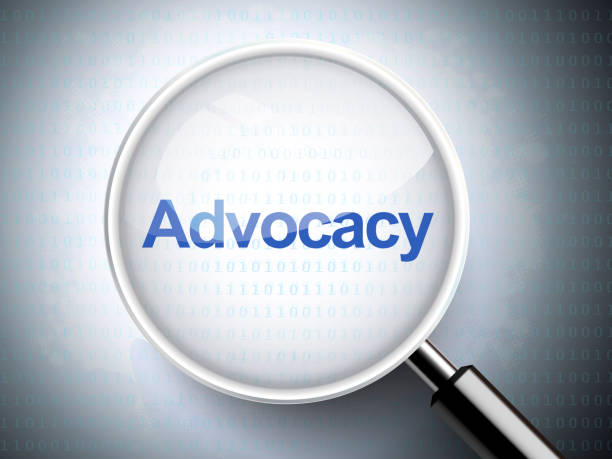
As part of a multi-pronged advocacy approach to scale up UNHCR’s good practice of removing barriers to the employment of stateless persons, the Joint Statement, drafted by Apatride Network, seeks to encourage all UN entities to follow suit. We are calling on Global Alliance members and other organizations to endorse it and sign on.
Read more6 February 2026
Call for Applications: UNHCR Global Advisory Board of Organizations Led by Forcibly Displaced and Stateless Persons
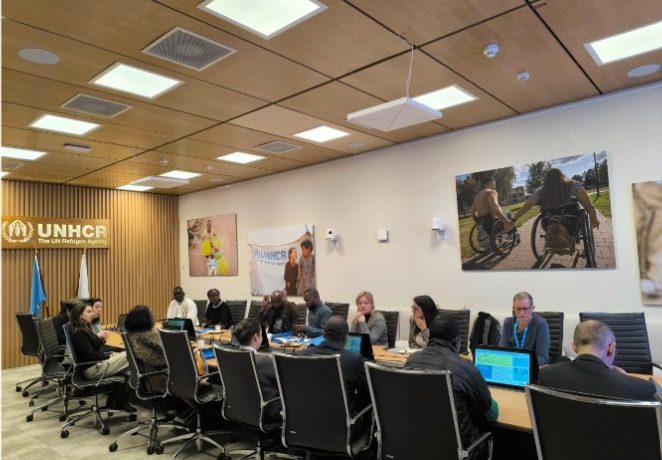
The United Nations High Commissioner for Refugees (UNHCR) has launched a Call for Expression of Interest for its Global Advisory Board of Organizations Led by Forcibly Displaced and Stateless (2026–2028). We strongly encourage stateless-led organizations within the Global Alliance network and beyond to apply by 8 February and bring their expertise and lived experience to this important global platform.
Read more8 January 2026
Realizing the Right to Education for Stateless Persons
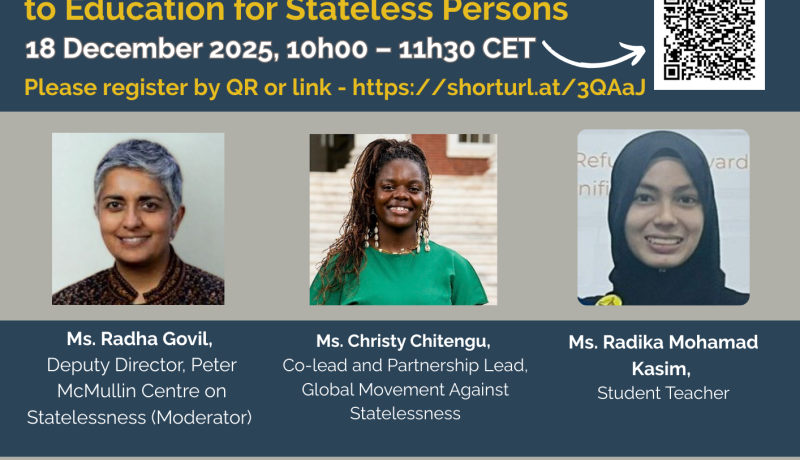
On 18 December 2025, Radha Govil, Deputy Director of the Peter McMullin Centre on Statelessness and Co-lead of the Thematic Working Group (TWG) on Protecting the Rights of Stateless Persons, moderated the fifth and final Global Alliance webinar of the year: “Unlocking Futures: Realizing the Right to Education for Stateless Persons.”
Read more